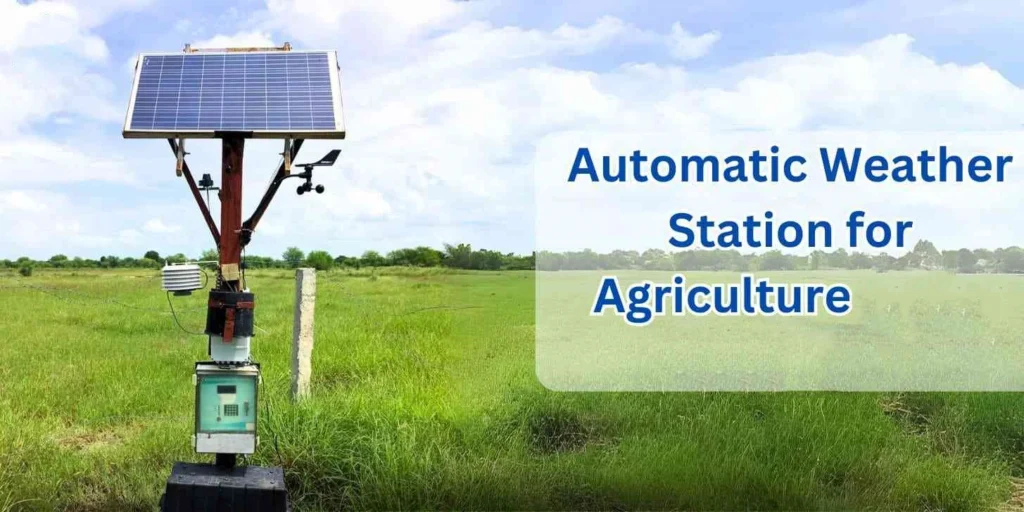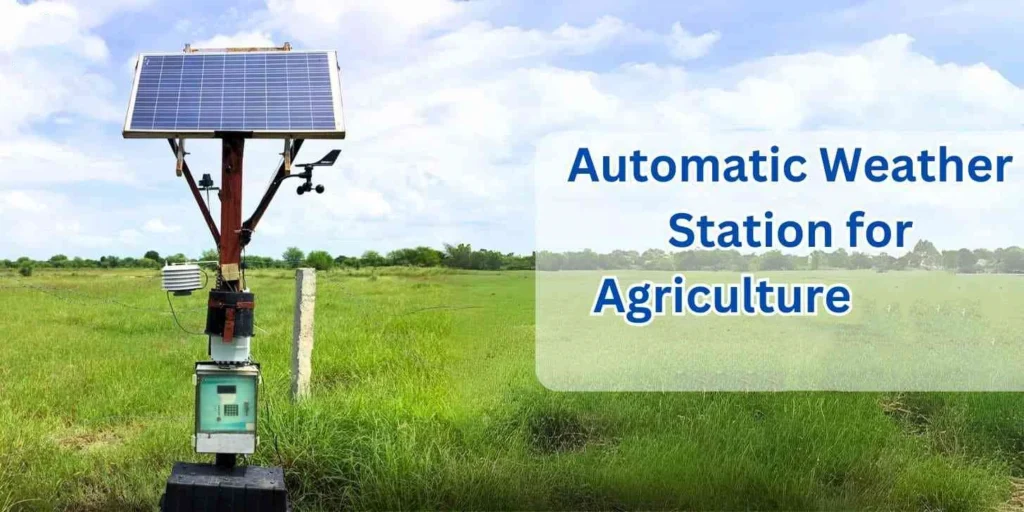
# AWS Weather Station: Real-Time Environmental Monitoring Solutions
AWS Weather Station: Real-Time Environmental Monitoring Solutions
In today’s rapidly changing environment, having access to accurate and real-time weather data is crucial for various industries. The AWS Weather Station offers a comprehensive solution for environmental monitoring, providing users with the tools they need to make informed decisions based on the latest weather conditions.
What is an AWS Weather Station?
An AWS Weather Station is a sophisticated system designed to collect, process, and analyze environmental data in real-time. These stations are equipped with a variety of sensors that measure parameters such as temperature, humidity, wind speed, wind direction, rainfall, and atmospheric pressure. The data collected is then transmitted to the AWS cloud, where it can be accessed and analyzed by users.
Key Features of AWS Weather Stations
One of the standout features of AWS Weather Stations is their ability to provide real-time data. This is particularly important for industries such as agriculture, aviation, and disaster management, where timely information can make a significant difference. Additionally, these stations are highly scalable, allowing users to deploy multiple units across different locations to create a comprehensive monitoring network.
Another key feature is the integration with AWS cloud services. This allows for seamless data storage, processing, and analysis. Users can leverage AWS’s powerful computing resources to run complex algorithms and generate actionable insights from the collected data.
Applications of AWS Weather Stations
The applications of AWS Weather Stations are vast and varied. In agriculture, for example, farmers can use the data to optimize irrigation schedules, predict crop yields, and protect crops from adverse weather conditions. In aviation, real-time weather data can help pilots make safer and more efficient flight decisions. For disaster management, these stations can provide early warnings for severe weather events, enabling timely evacuations and resource allocation.
Benefits of Using AWS Weather Stations
There are numerous benefits to using AWS Weather Stations. Firstly, the real-time data provided by these stations allows for proactive decision-making, reducing the risk of weather-related disruptions. Secondly, the integration with AWS cloud services ensures that data is securely stored and easily accessible from anywhere in the world. Finally, the scalability of these systems means that they can be tailored to meet the specific needs of any industry or application.
Conclusion
The AWS Weather Station is a powerful tool for real-time environmental monitoring. With its advanced sensors, seamless cloud integration, and wide range of applications, it offers a comprehensive solution for industries that rely on accurate and timely weather data. Whether you’re a farmer looking to optimize crop yields, a pilot needing real-time weather updates, or a disaster management professional seeking early warnings, the AWS Weather Station has you covered.
Keyword: aws weather station
